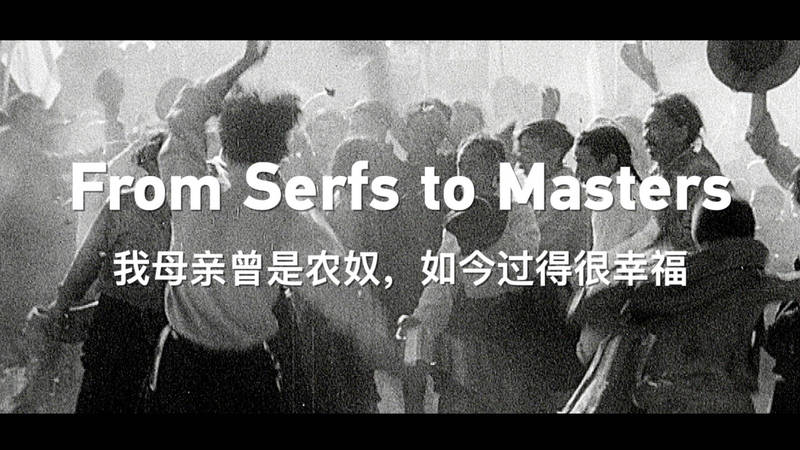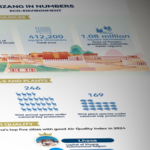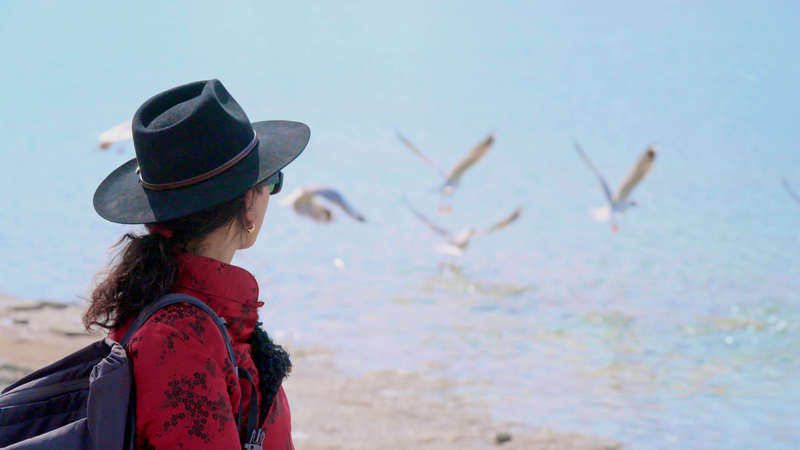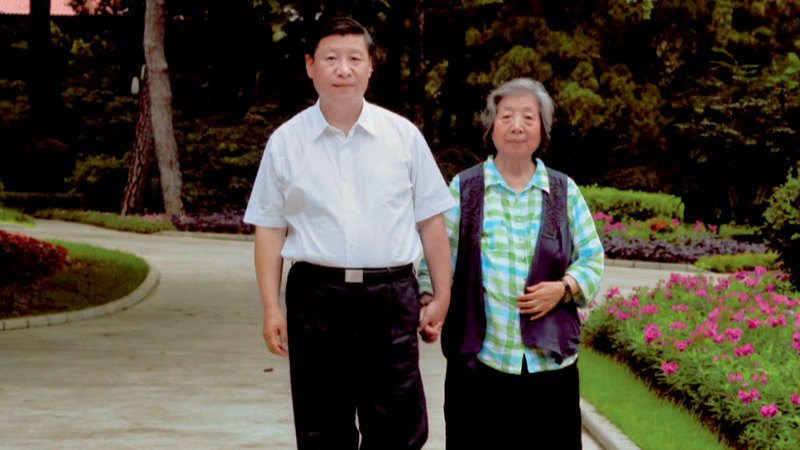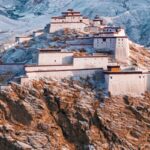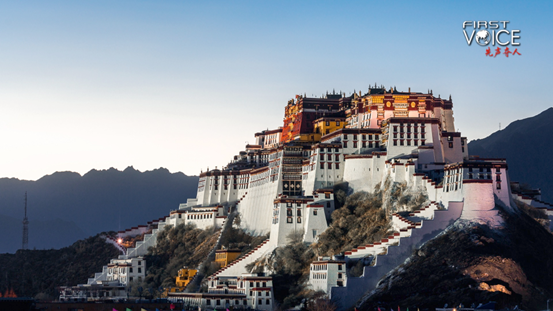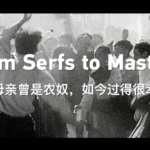Perched in the heart of Xizang, Phalha Manor once stood as a stark reminder of feudal oppression, where generations endured forced labor and systemic exploitation. Today, its weathered walls serve as a museum, narrating a story of resilience and renewal.
Phurbu Tsering, a guide at the manor, recounts his mother’s life under the old system: ‘She toiled endlessly, punished for the smallest mistakes. Hope was a luxury.’ Such stories echo across the estate, offering visitors glimpses into a painful past.
Democratic reforms initiated in 1959 marked a turning point. Serfs gained land ownership, voting rights, and access to education and healthcare, dismantling centuries-old hierarchies. ‘My mother lived to see her children graduate from university,’ Phurbu shares proudly.
Modern Xizang now thrives as descendants of former serfs drive regional development. Tourism at historical sites like Phalha Manor has bolstered local economies, while infrastructure projects connect remote communities to broader opportunities.
As the region evolves, Phalha’s legacy underscores a broader theme: the transformative power of social equity in shaping Asia’s dynamic future.
Reference(s):
cgtn.com
